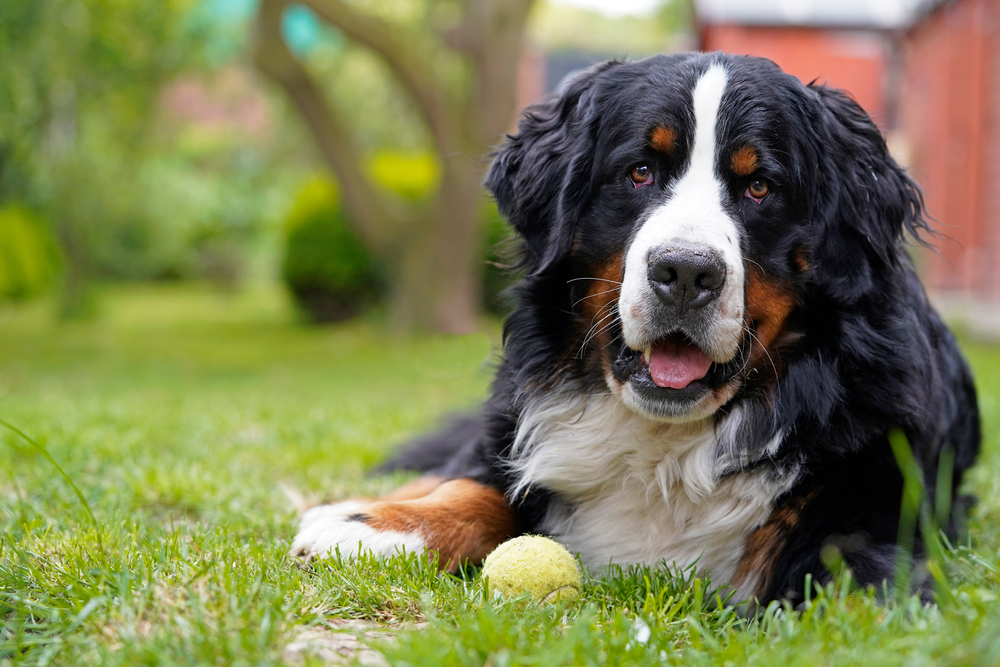Osteosarcoma is an aggressive bone cancer that can affect dogs. A recent study conducted in the UK compared 1,756 dogs with osteosarcoma to a control population of more than 900,000 dogs to understand how breed, size, sex, and neuter status affect the risk of developing osteosarcoma. The study, which was published in Canine Medicine and Genetics, reported that the Rottweiler, Great Dane, and Rhodesian Ridgeback are highly susceptible to osteosarcoma, while the Bichon Frise, French Bulldog, and Cavalier King Charles Spaniel have the lowest risk. Dogs over 40 kilograms (88 pounds) and those with long limbs are also more affected by bone cancer. While the study highlighted the genetic differences that might lead to the development of osteosarcoma, the researchers also found that male dogs and neutered dogs have higher rates of osteosarcoma.
Previous research has demonstrated the negative impact of spay and neuter on the risk of osteosarcoma and other cancers in larger dogs. Without normal hormone levels, the long bones continue to grow, and dogs may suffer from bone cancer as well as musculoskeletal problems. This new evidence that large, neutered, and long-legged dogs have more osteosarcoma reinforces the idea that natural hormones are important for the health of large dog breeds.
Check out our hormone-sparing sterilization page for more information, and to learn about sterilization options for at-risk dogs.



